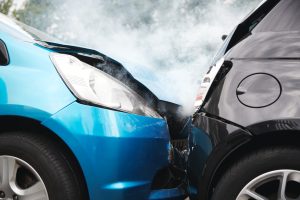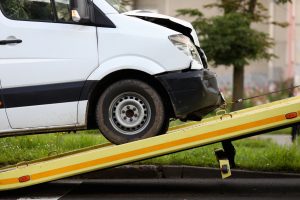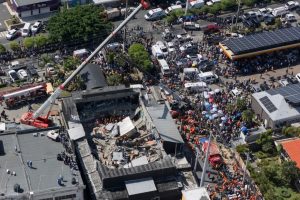Jet Set Nightclub Tragedy: Roof Collapses During Rubby Pérez Concert, Multiple Dead.
What began as a celebration of Dominican music turned into a devastating catastrophe. In the early hours of the morning, during a packed live performance by merengue legend Rubby Pérez, the roof of the Jet Set nightclub suddenly collapsed. Multiple people are confirmed dead, and many more have been injured.
Witnesses described the moment of collapse as sudden and chaotic, with some reporting a loud explosion moments before the structure gave way.
Emergency teams arrived quickly, but the damage was already done. Rubble, twisted metal, and disbelief filled the air. As of now, Pérez’s condition and whereabouts remain unclear, adding even more uncertainty to an already tragic event.
Unanswered Questions and the Search for Accountability
The focus is now turning to the critical questions that follow every public disaster: Who knew? Who should have acted? And who will be held accountable?
Under Dominican law, the owners and operators of public venues like Jet Set are required to maintain buildings that meet structural and safety standards. If the collapse was the result of ignored warnings, outdated infrastructure, or failure to follow building codes, civil and even criminal liability could follow.
Investigators will be combing through permits, inspection records, and any signs that this disaster could and should have been avoided.
At the same time, attention is shifting toward the public agencies tasked with oversight. If this venue was allowed to operate despite known structural risks, then the fault may extend beyond private hands. Lapses in inspection, rubber-stamped approvals, or even corruption could all come under scrutiny in the weeks ahead.
Could Criminal Charges Be Filed?
The potential legal consequences are significant. If evidence shows that negligence played a role, especially if officials or business owners ignored safety concerns, criminal charges such as involuntary manslaughter could be on the table.
Similar cases in other countries have seen club owners, event organizers, and even government officials prosecuted when public safety took a back seat to profit or convenience.
For now, prosecutors are waiting on the results of forensic engineering reports and structural evaluations.
Growing Crisis of Structural Safety in the Dominican Republic
As lawsuits loom, another layer of complexity enters the scene: insurance. Whether the nightclub had adequate liability coverage could determine how quickly victims' families receive compensation or whether they’ll face long legal battles for justice.
There’s also the question of force majeure, a term buried in contracts that refers to unforeseeable events. But when a roof collapse happens in a building that may have been structurally compromised, the “unforeseeable” defense becomes harder to claim.
These debates are likely to play out in both courtrooms and public opinion in the months ahead.
The Jet Set nightclub tragedy isn't the first time structural safety has made headlines in the Dominican Republic. In early 2023, a four-story furniture store in La Vega collapsed, raising nationwide concerns about construction standards and building oversight.
That same month, a young American tourist, Domonique Gray-Berroa, died after falling from the roof of a bar in the Colonial Zone, another stark reminder of the risks posed by inadequate safety measures.
These incidents, like the collapse at Jet Set, point to deeper systemic issues. Deficiencies in enforcement, aging infrastructure, and overlooked safety risks highlight the urgent need for comprehensive reform in public venue safety standards.
More from Lawyer Monthly





















